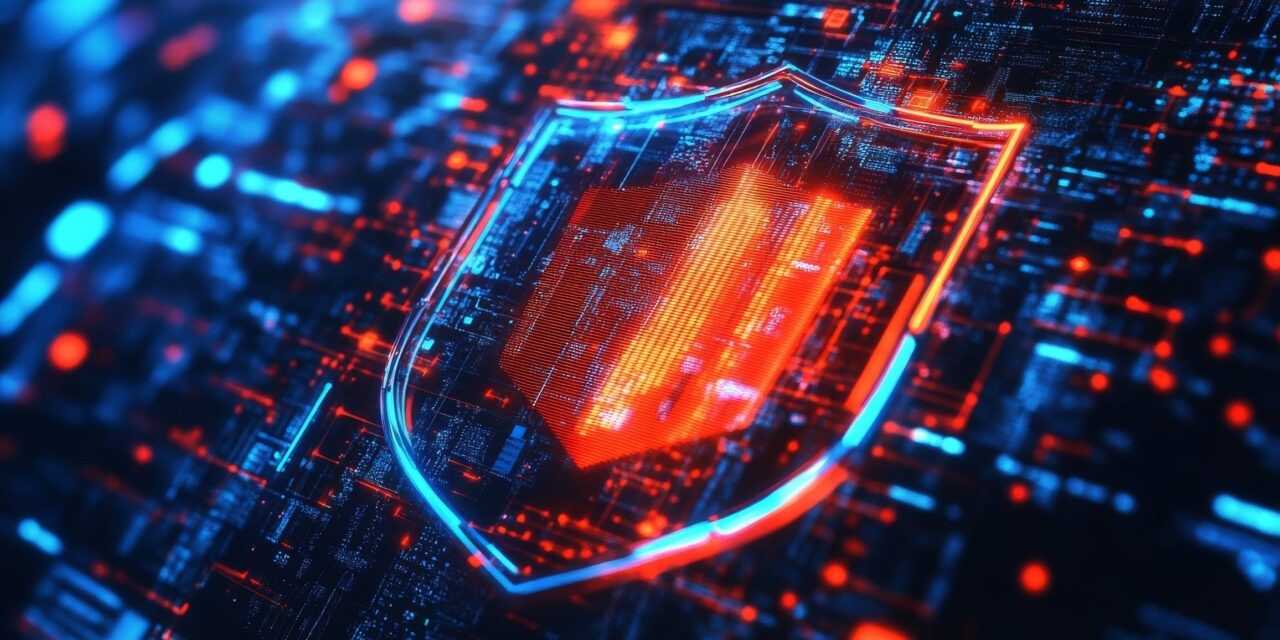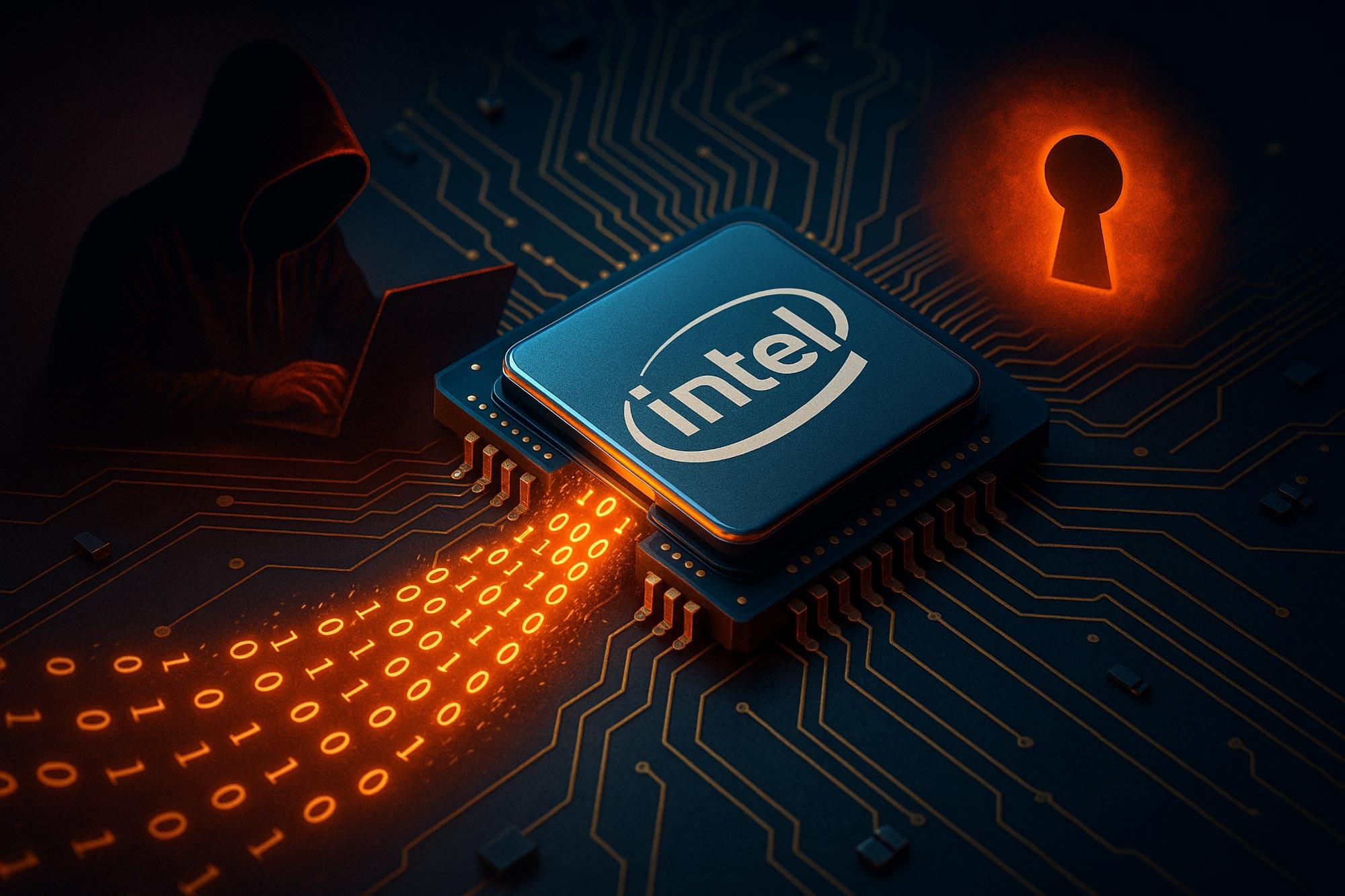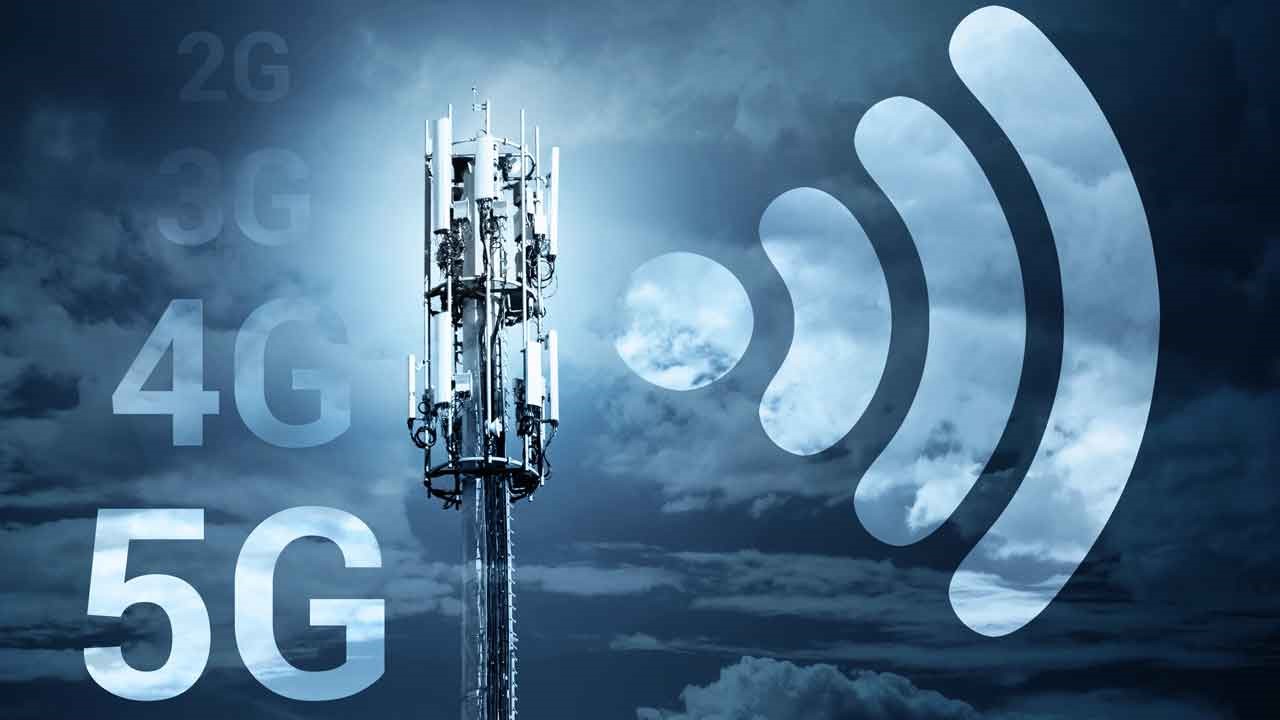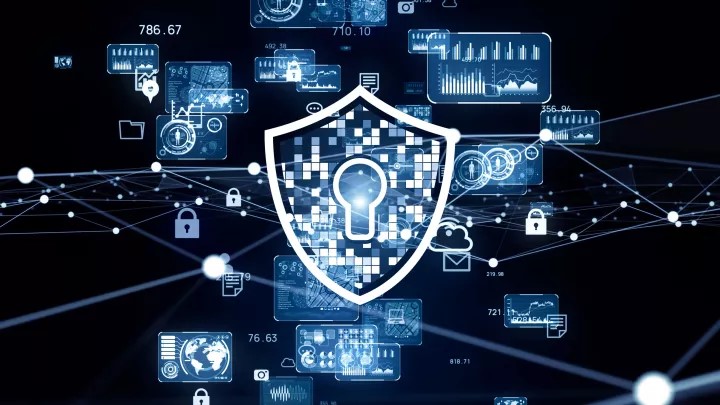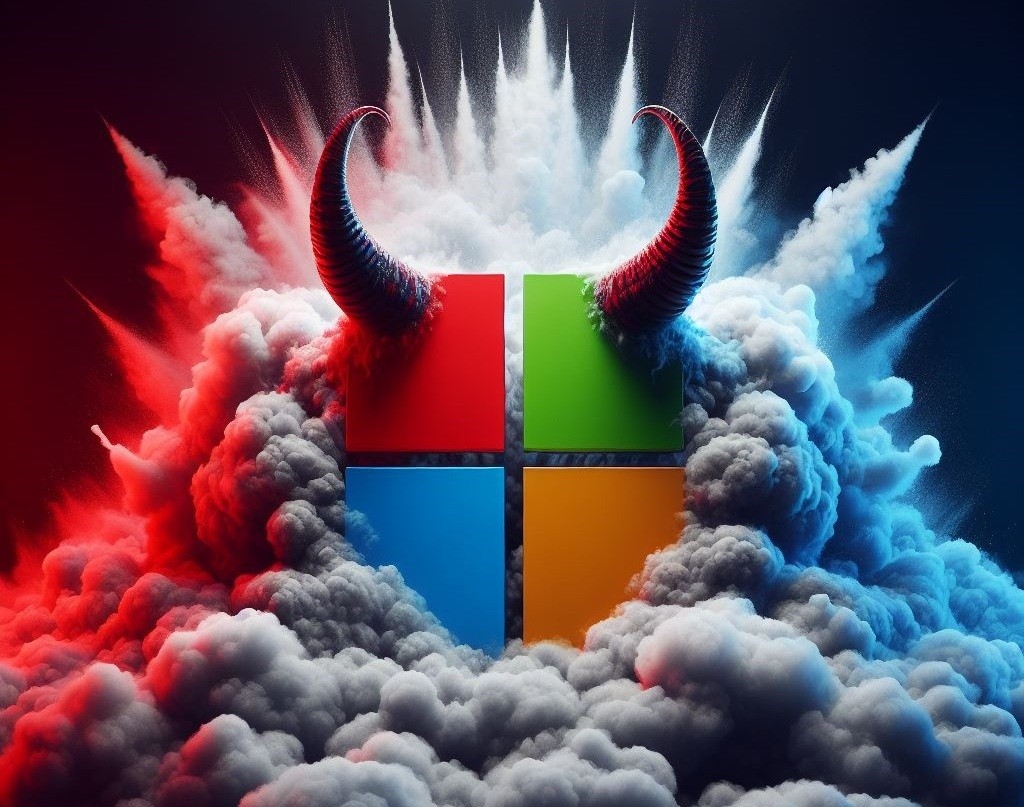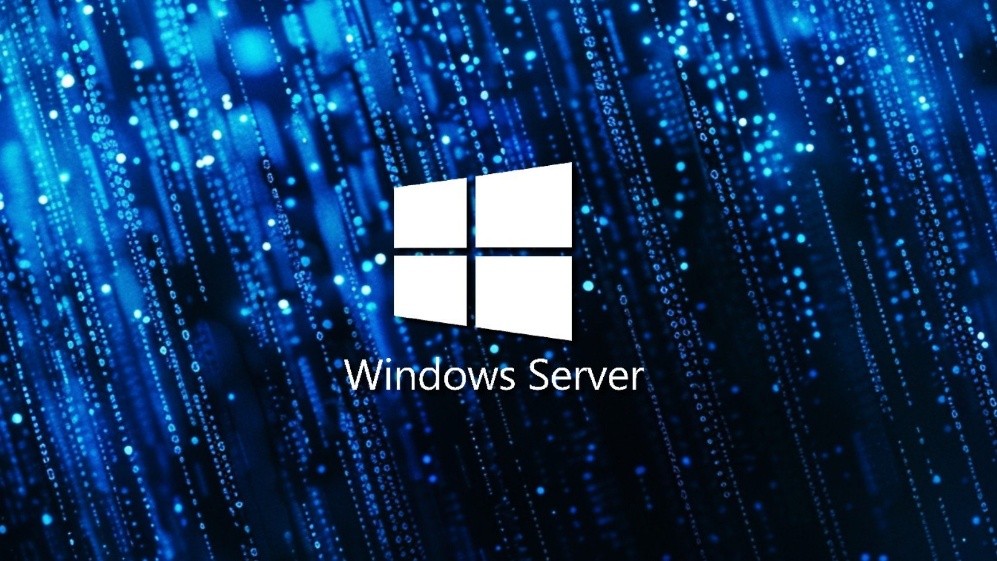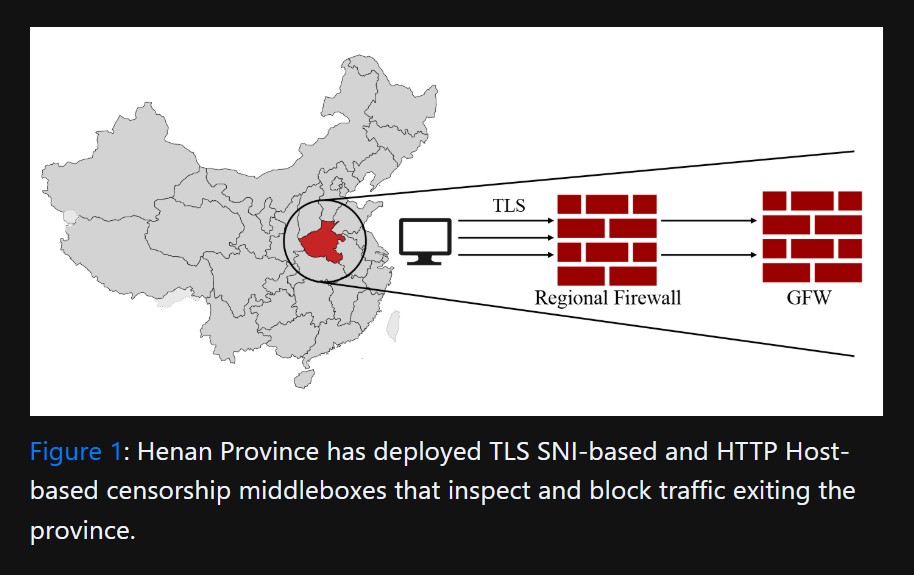Cisco, Juniper, and Extreme Battle for Leadership in Rapidly Growing WLAN Market
Cisco, Juniper Networks, and Extreme Networks are leading the charge in the fast-expanding public cloud-managed campus switch and wireless LAN (WLAN) market, which is projected to grow at a double-digit rate over the next three years. By 2029, total market revenue is expected to surpass $12 billion—though shifting dynamics could reshape the competitive landscape.
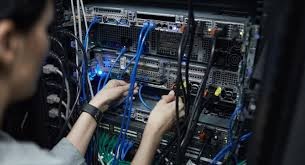
Figure 1. Cisco, Juniper, and Extreme Battle.
This outlook comes from Dell’Oro Group, which cited strong enterprise spending momentum. Siân Morgan, research director for enterprise WLAN at Dell’Oro Group, noted that “despite a tough market environment, 2024 marks the first year we’re seeing enterprises increase spending to adopt more advanced public cloud-managed features.”
This trend bodes well for leading vendors, each of which is navigating unique operational circumstances. Figure1 shows Cisco, Juniper, and Extreme Battle.
cisco: Transition Amid Market Dominance
Cisco is undergoing a significant corporate restructuring, pivoting away from its legacy networking roots to focus on high-growth areas like artificial intelligence (AI), security, and cloud services [1]. These changes have yielded strong growth in these segments. However, some customers have begun replacing their traditional Cisco WLAN and campus networking setups with offerings from newer vendors.
Despite these challenges, Cisco remains a dominant force in the market—a fact that is drawing attention in relation to Juniper’s proposed acquisition by Hewlett Packard Enterprise (HPE). The U.S. Department of Justice (DOJ) has filed a lawsuit opposing the $14 billion deal, arguing that the combined strength of HPE and Juniper, alongside Cisco’s market power, could result in excessive consolidation in the WLAN space.Critics of the DOJ’s stance argue that a merged HPE-Juniper entity would actually offer more robust competition to Cisco.
Juniper and HPE: Legal Hurdles and Uncertainty
Juniper and HPE continue to evolve their WLAN platforms while under legal scrutiny. Both companies are intensifying their focus on AI to drive growth, yet competitors claim customers are wary of the merger’s implications.
Cisco CFO Scott Herren commented on this dynamic during an investor event, stating: “The uncertainty has prompted some customers to reevaluate their vendor choices. As a result, our wireless business saw orders over $1 million grow by more than 20% in Q4.”
Although Juniper’s latest earnings showed strong year-over-year improvement, sequential results declined. Juniper CEO Rami Rahim emphasized operational consistency despite the legal headwinds: “We haven’t missed a beat. We’re performing well as a standalone company, and we’ll be even stronger once the deal is finalized and we become part of HPE.”
Extreme Networks: Capitalizing on Competitor Unrest
Extreme Networks CEO Ed Meyercord has been vocal about the confusion and disruption caused by the pending HPE-Juniper deal. In a conversation with SDxCentral, he noted that merging companies face numerous internal challenges, including technology integration, cultural alignment, and realignment of partner and channel programs.
“There’s already been disruption in anticipation of the deal,” Meyercord said.Extreme’s own strong performance reinforces his point. The company posted a 74% year-over-year increase in net income, swinging from a $64.4 million loss to a $3.5 million gain.
Meyercord also suggested that Juniper is under pressure: “We’ve seen them get more aggressive with pricing. They’re in a holding pattern—they can’t give clear guidance on their product roadmap or solutions, which benefits us.”
Regarding Cisco, Meyercord acknowledged their enduring strength but hinted at emerging vulnerabilities: “Cisco remains competitive and retains its market share. But their pivot toward SaaS, cybersecurity, and observability is pulling focus from enterprise networking. We hear consistent feedback from customers and partners: Cisco’s solutions are still the most complex, least integrated, and most expensive in the market. That discontent is creating opportunities for us, especially in large competitive deals.”
HPE’s Challenge: Legal Pressure and Investor Scrutiny
Amid legal troubles and heightened market expectations, HPE’s cloud-managed platform is growing faster than the market, according to Dell’Oro Group. This could offer some relief for HPE CEO Antonio Neri, who is reportedly under investor pressure due to operational concerns and the Juniper deal.
Bloomberg reported that Elliott Investment Management has acquired over $1.5 billion in HPE shares, aiming to boost returns. Semafor noted that Elliott has asked the HPE board to remove Neri, with a board decision expected soon.
HPE’s latest earnings didn’t bolster Neri’s position. Although the company posted a near-record 17% increase in overall revenue—driven by strong performance in servers, storage, hybrid cloud, and campus switching—Neri admitted execution issues: “We didn’t fully account for inventory revaluation in our server pricing, which hurt margins. That, combined with intense pricing pressure and aggressive market competition, added to our challenges.”
Unfortunately for HPE and its competitors, with the WLAN market heating up and the financial stakes rising, those pricing and competitive pressures are only likely to intensify.
References:
- https://www.sdxcentral.com/news/cisco-juniper-and-extreme-lead-a-dynamic-wlan-race/
Keerthana S (2025), Cisco, Juniper, and Extreme Battle for Leadership in Rapidly Growing WLAN Market, AnaTechMaz, pp.172.



